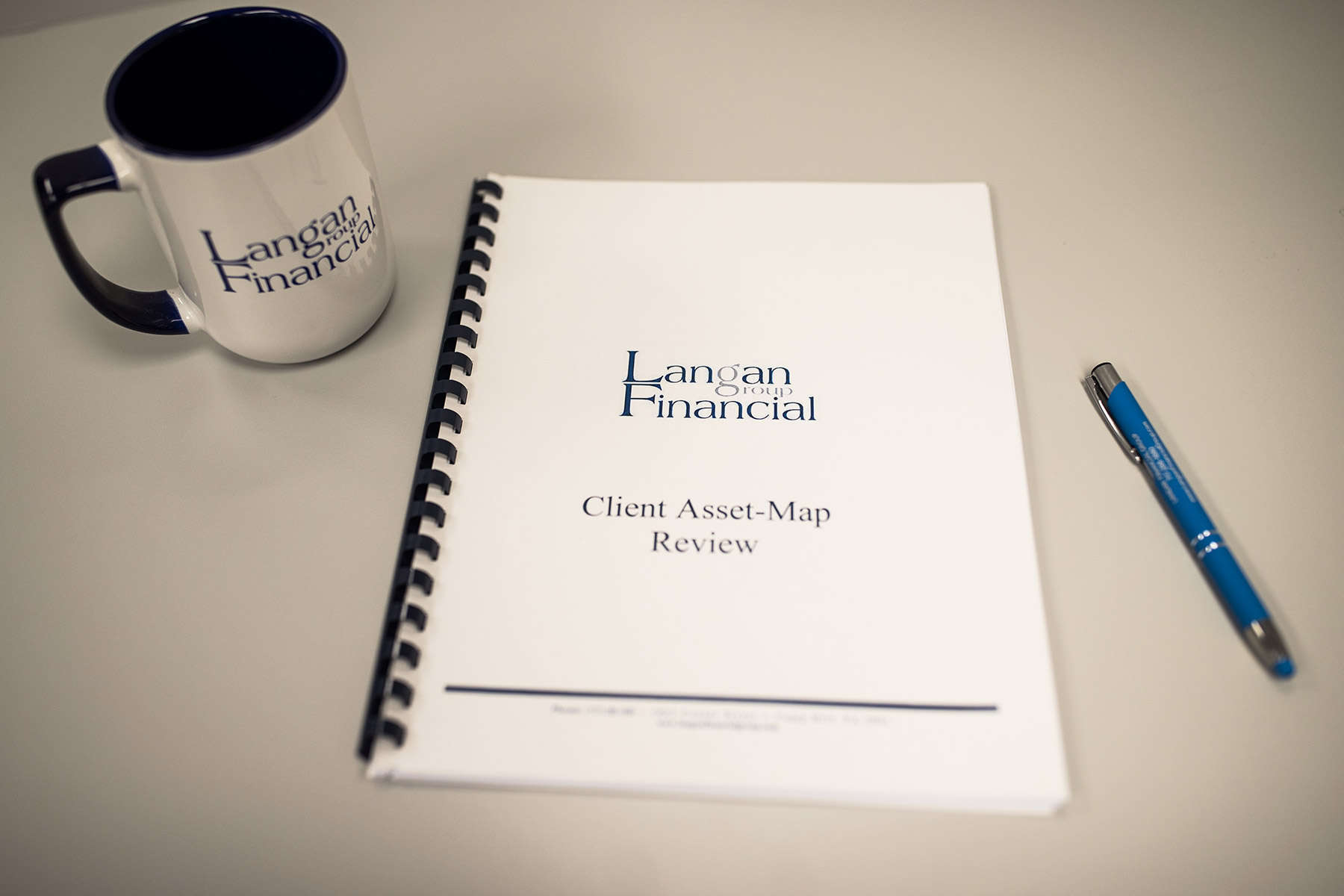Money is often cited as one of the leading causes of stress in relationships. However, with open communication, mutual respect, and a shared vision, couples can transform financial discussions from a source of conflict into an opportunity for growth and connection.
The Foundation: Love, Trust, and Transparency
Before diving into specific strategies, it’s crucial to understand that healthy financial communication is built on three fundamental pillars:
- Love: Approaching financial discussions with care and understanding for your partner’s perspective.
- Trust: Being honest about your financial situation and decisions.
- Transparency: Openly sharing information about income, debts, and financial goals.

Tips for Healthy Financial Communication for Couples
1. Schedule Regular Money Talks
Set aside dedicated time to discuss finances. This could be a monthly “money date” where you review your budget, discuss upcoming expenses, and check in on your financial goals.
2. Create a Judgment-Free Zone
Approach these conversations with an open mind. Avoid blame or criticism, and instead focus on finding solutions together.
3. Be Honest About Your Financial Past
Share your financial history, including any debts or financial mistakes. This builds trust and allows for a more comprehensive financial plan.
4. Establish Shared Financial Goals
Work together to set both short-term and long-term financial objectives. This creates a sense of teamwork and shared purpose.
5. Respect Individual Differences
Recognize that you and your partner may have different money personalities or spending habits. Find ways to compromise and accommodate each other’s styles.
6. Use “I” Statements
When discussing financial concerns, use “I” statements to express your feelings without placing blame. For example, “I feel anxious when we overspend our budget” instead of “You always spend too much money.”
Financial Communication Strategies for New Couples

1. Start Early
Begin having financial discussions early in the relationship. This sets a precedent for open communication and helps avoid surprises later on.
2. Discuss Financial Values
Share your attitudes towards money, including how you were raised to think about finances and what money means to you.
3. Be Clear About Expectations
Discuss how you envision managing finances as a couple. Will you have joint accounts, separate accounts, or a combination?
4. Create a Basic Budget Together
Even if you’re not living together, creating a simple budget for shared expenses (like dates or trips) can be a good exercise in financial teamwork.
Financial Communication Strategies for Established Couples

1. Conduct Regular Financial Check-Ins
As your relationship evolves, so should your financial discussions. Regular check-ins ensure you’re both on the same page and can adjust your strategies as needed.
2. Reassess and Realign Goals
Life changes, and so do financial goals. Periodically review and update your shared financial objectives.
3. Maintain Some Financial Independence
While transparency is key, it’s also healthy for each partner to have some financial autonomy. Consider allocating “personal spending” money for each person within your budget.
4. Plan for Major Life Events
Discuss and plan for significant financial milestones such as buying a home, having children, or retirement.
5. Consider Professional Help
If you’re struggling to align your financial views or manage complex financial situations, don’t hesitate to seek help from a financial advisor or counselor.
Healthy Financial Communications Can Help Alleviate a Major Relationship Stress
Healthy financial communication is an ongoing process that requires effort, understanding, and patience from both partners.
By fostering an environment of love, trust, and transparency, couples can turn financial discussions into opportunities for strengthening their relationship and building a secure future together.
Remember, it’s not about having perfect finances; it’s about working as a team to navigate financial challenges and celebrate financial successes.
About the Financial Planning Author

Alexander Langan, J.D, CFBS, serves as the Chief Investment Officer at Langan Financial Group. In this role, he manages investment portfolios, acts as a fiduciary for group retirement plans, and consults with clients regarding their financial goals, risk tolerance, and asset allocation.
With a focus on ERISA Law, Alex graduated cum laude from Widener Commonwealth Law School. He then clerked for the Supreme Court of Pennsylvania and worked in the Legal Office of the Pennsylvania Office of the Budget, where he assisted in directing and advising policy determinations on state and federal tax, administrative law, and contractual issues.
Alex is also passionate about giving back to the community, and has participated in The Foundation of Enhancing Communities’ Emerging Philanthropist Program, volunteers at his church, and serves as a board member of Samara: The Center of Individual & Family Growth. Outside of work and volunteering, Alex enjoys his time with his wife Sarah, and their three children, Rory, Patrick, and Ava.
About Langan Financial Group: Financial Advisors
Langan Financial Group is an award-winning financial planning firm with offices in York, Pennsylvania and Harrisburg, Pa.
With over 100+ 5-star reviews, Langan Financial Group is an independent financial planning firm established in 1985, offering a broad range of financial planning services.
With an open architecture platform, our advisors have access to a diverse range of products, free from any sales quotas.
Our team of 9 financial experts, each with unique specialties, enhances our ability to focus on delivering value to our clients.
Disclosure
The content is developed from sources believed to be providing accurate information. The information in this material is not intended as tax or legal advice.
Please consult legal or tax professionals for specific information regarding your individual situation.
The opinions expressed and material provided are for general information, and should not be considered a solicitation for the purchase or sale of any security.
Securities offered through Cambridge Investment Research, Inc., a Broker/Dealer, Member FINRA/SIPC.
Investment Advisor Representative, Cambridge Investment Research Advisors, Inc. a Registered Investment Advisor. Cambridge and Langan Financial Group, LLC are not affiliated.
Cambridge does not offer tax or legal advice.




